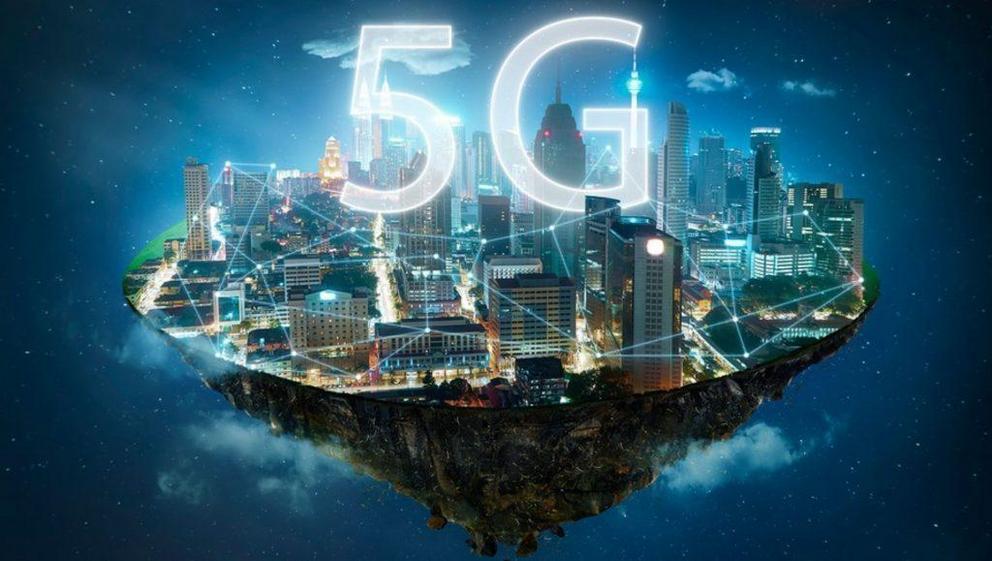FCC accused of colluding with big carriers on 5G policy
So we recently noted how the FCC pushed through some policy changes it proclaimed would dramatically speed up the deployment of fifth-generation (5G) wireless technology. According to the new guidance, cities will be limited in terms of how much money they can charge carriers to place cell technology like small cells on government property in public rights of way (traffic lights, utility poles). The policy changes also impose strict new timelines and operational restrictions making it harder for localities to stand up to giant nationwide cellular carriers.
But cities like Philadelphia, numerous small counties, and consumer groups disagreed, stating that the FCC's policy changes were little more than a hand out to large carriers, with the price caps barely covering local government costs to study, support and maintain the numerous small cell placements needed to fuel 5G. In some instances, the FCC's new order invalidated existing contracts local governments had already taken months or years to negotiate with wireless carriers.
Consumer groups say the FCC's order also ties local governments' hands in instances where they might need to actually hold AT&T, Verizon, or T-Mobile accountable for doing something wrong.
While the FCC's decision was already being criticized as an over-reach, that controversy just got much louder. This week, the heads of the House Energy and Commerce Committee, and the Subcommittee on Communications and Technology (Frank Pallone and Mike Doyle) fired off a letter to the FCC effectively accusing the agency of colluding with carriers to help ensure the industry's favored policies had a better shot surviving a court challenge. The letter strongly implies that the Representatives already have whistleblower evidence of said collusion:
"It has come to our attention that certain individuals at the FCC may have urged companies to challenge the order the commission adopted in order to game the judicial lottery procedure and intimated the agency would look unfavorably towards entities that were not helpful. If true, it would be inappropriate for the FCC to leverage its power as a regulator to influence regulated companies to further its agenda in seeking a more friendly court. To date, four FCC licensees have petitioned the federal judiciary for review of the order in separate filings and separate circuits."
Municipalities have been grumbling about something fishy at the FCC on this subject for a while. They've pointed out that when the FCC passed what's effectively wish-list policy aiding incumbent wireless carriers, the carriers mysteriously and collectively sued to challenge the order. Why? It appears they, at the FCC's guidance, challenged the order itself as part of a gambit to keep the challenge from being heard by The Ninth Circuit, which has historically liked giving the FCC a wrist slap for over-reach, especially when it tries to pre-empt more local government authority.
Short version: the lawmakers are alleging the FCC actively worked hand in hand with carrier lawyers to hamstring court challenges to the FCC's latest 5G order, an allegation that's not particularly outlandish if you've actually watched the Ajit Pai FCC do business. And again, the letter's phrased in such a way to suggest the lawmakers already have this information and are just waiting for the FCC to try and mislead them about it or withhold evidence the staffers know the FCC has. It's just one of a growing roster of challenges facing Ajit Pai's FCC under new House leadership.
We've talked at length about how the solution for the terrible state of US broadband needs to be a creative, comprehensive solution that involves both the industry and local governments -- since private industry alone is turned off by the low return on investment into rural markets and less affluent city centers.
But wary this could result in actual competition, the telecom industry's incumbent players (and the politicians and revolving door regulators who adore them) go out of their way to instead demonize local towns and cities, pass protectionist laws preventing the exploration of creative solutions, and gut state and federal oversight of big telecom wherever possible in the false belief this will magically fix a very, very broken market. When critics point out that mindless fealty won't fix American broadband, the Trump FCC simply dismisses said criticism as unfair partisanship.
Ajit Pai is already facing a pretty ugly 2019 thanks to the challenge of his historically unpopular repeal of net neutrality rules, and if this allegation has wait, things just got even more complicated for the "internet freedom" lovin' agency boss.


